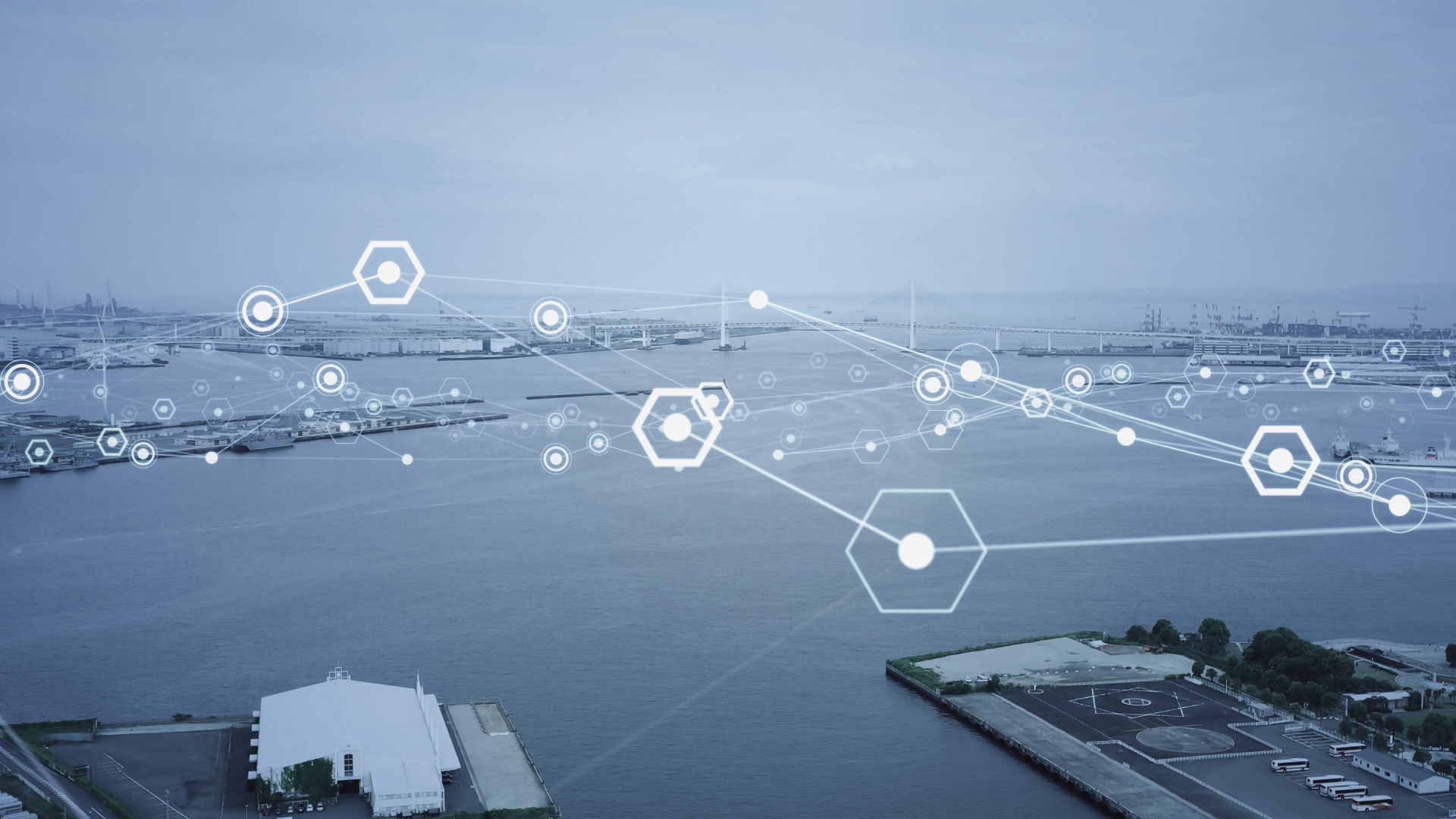
Advancing Environmental Sustainability in the Maritime and Logistics Industry
Advancing Environmental Sustainability in the Maritime and Logistics Industry

The drive towards sustainability in the maritime and logistics sector has never been more critical. In our recent webinar, "Advancing Environmental Sustainability in the Maritime and Logistics Industry," experts highlighted collaborative efforts and innovative strategies to achieve net-zero emissions by 2050. Here’s a comprehensive overview of the key points discussed.
Green Marine’s impact on environmental certification
We were delighted to host Green Marine, a leading voluntary environmental certification program dedicated to the maritime industry. Green Marine sets a benchmark in environmental commitment through a comprehensive approach that includes over 15 performance indicators. These indicators address vital areas such as air emissions, waste management, and the protection of marine ecosystems, aiming to elevate environmental standards across industry.
Detailed verification process
Dr. Eleanor Kidney, Senior Program Manager at Green Marine, outlined the rigorous certification process. Participants are assessed across five levels, ranging from monitoring regulations to achieving leadership in environmental practices. Each year, companies undergo self-evaluation and third-party verification to ensure transparency and continuous improvement.
Reducing greenhouse gas emissions
A significant focus of the webinar was the reduction of greenhouse gas (GHG) emissions. Green Marine participants are required to conduct annual GHG inventories and set reduction targets, aligning with the global objective of achieving net-zero emissions by 2050. The certification program encourages the adoption of advanced technologies and innovative practices to meet these ambitious targets.
Achieving real-world impact
Green Marine’s certification program has demonstrated real-world success (see page 14). Most participants have achieved at least level three in GHG performance, indicating a strong commitment to annual emissions inventories and reduction efforts. This framework promotes continual improvement, with more companies advancing to higher certification levels each year.
Expanding global reach
Green Marine is expanding its influence beyond North America. Green Marine Europe, launched in 2020, adapts the certification framework to exceed local EU regulations. This international expansion is essential for supporting global maritime decarbonization efforts, ensuring consistent environmental standards worldwide.
Collaboration with Smart Freight Centre
Our collaboration with Green Marine, formalized through a Memorandum of Understanding (MOU), leverages both organizations' expertise to accelerate decarbonization in the maritime sector. This partnership focuses on sharing knowledge, promoting best practices, and supporting industry-wide sustainability initiatives. Integrating the Global Logistics Emissions Council (GLEC) methodology within Green Marine’s program exemplifies this collaborative approach.
Conclusion
The webinar underscored the importance of collaborative efforts and rigorous standards in advancing environmental sustainability. Programs such as Green Marine are crucial in helping the maritime and logistics industry reduce its environmental footprint and contribute to a sustainable future. By setting high standards and fostering continuous improvement, these initiatives significantly impact the global sustainability agenda.
For more information and updates on our initiatives, visit the Smart Freight Centre Academy Blog.
Do you want to know more or stay connected? Please reach out to:
- Julia Gornostajeva (julia.gornostajeva@smartfreightcentre.org)
- Julia Gornostajeva (julia.gornostajeva@smartfreightcentre.org)
Enroll in these courses below to understand more about GLEC Framework, ISO 14083 and Book & Claim.
Courses related to this subject:
Who we are
The Smart Freight Centre Academy is the education and knowledge-hub of globally recognised NGO Smart Freight Centre, a leader in freight decarbonization practices, standards and frameworks.
Copyright © 2025
SFC Academy Approval
Would you like custom training for your team or organization? Perhaps you'd like one of the standrad courses delivered only to your team or business unit? The SFC Academy is proud to offer a custom training service whereby we work with you to ensure your specific needs and learning objectives are addressed in a custom format. Please contact us for more information